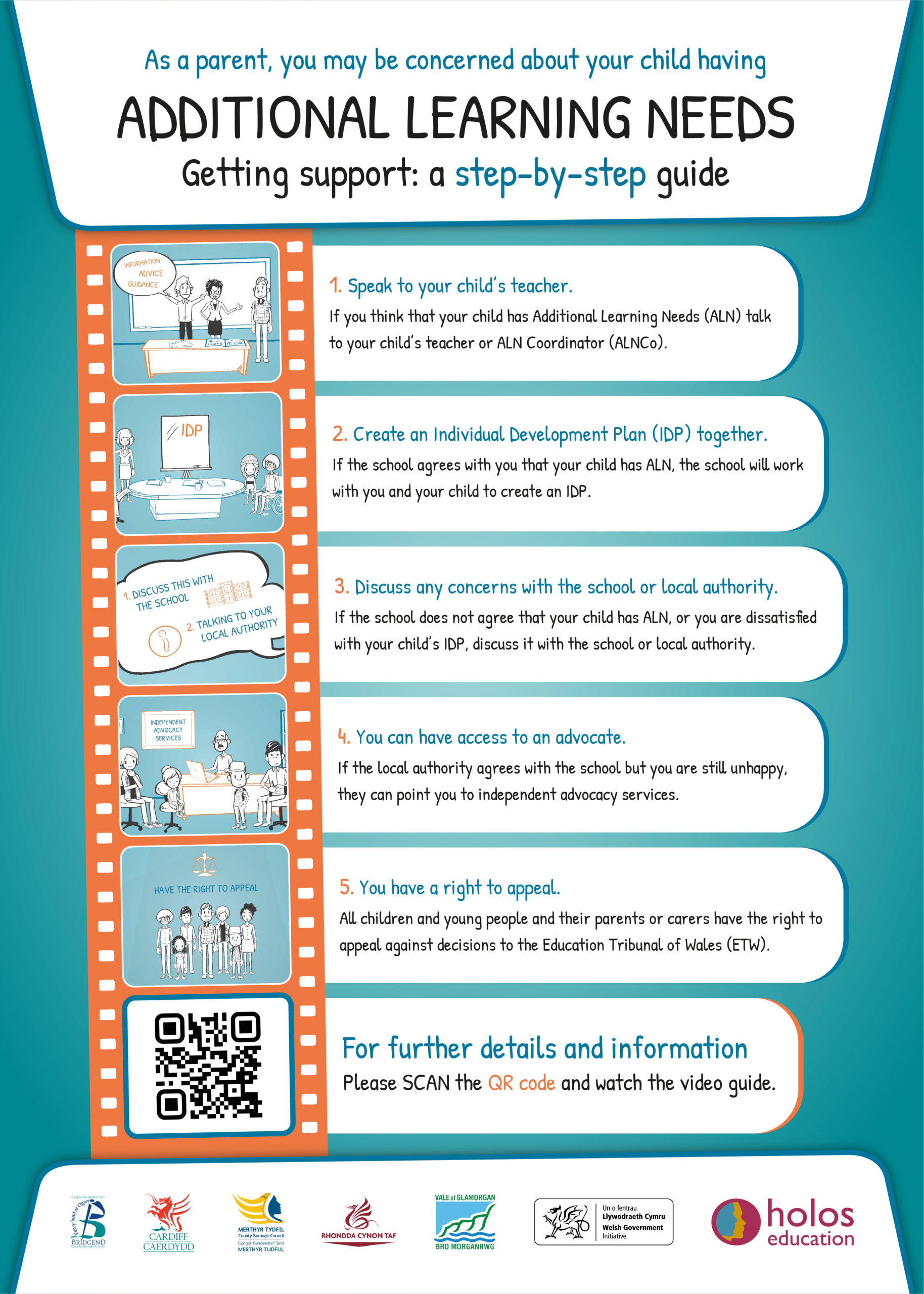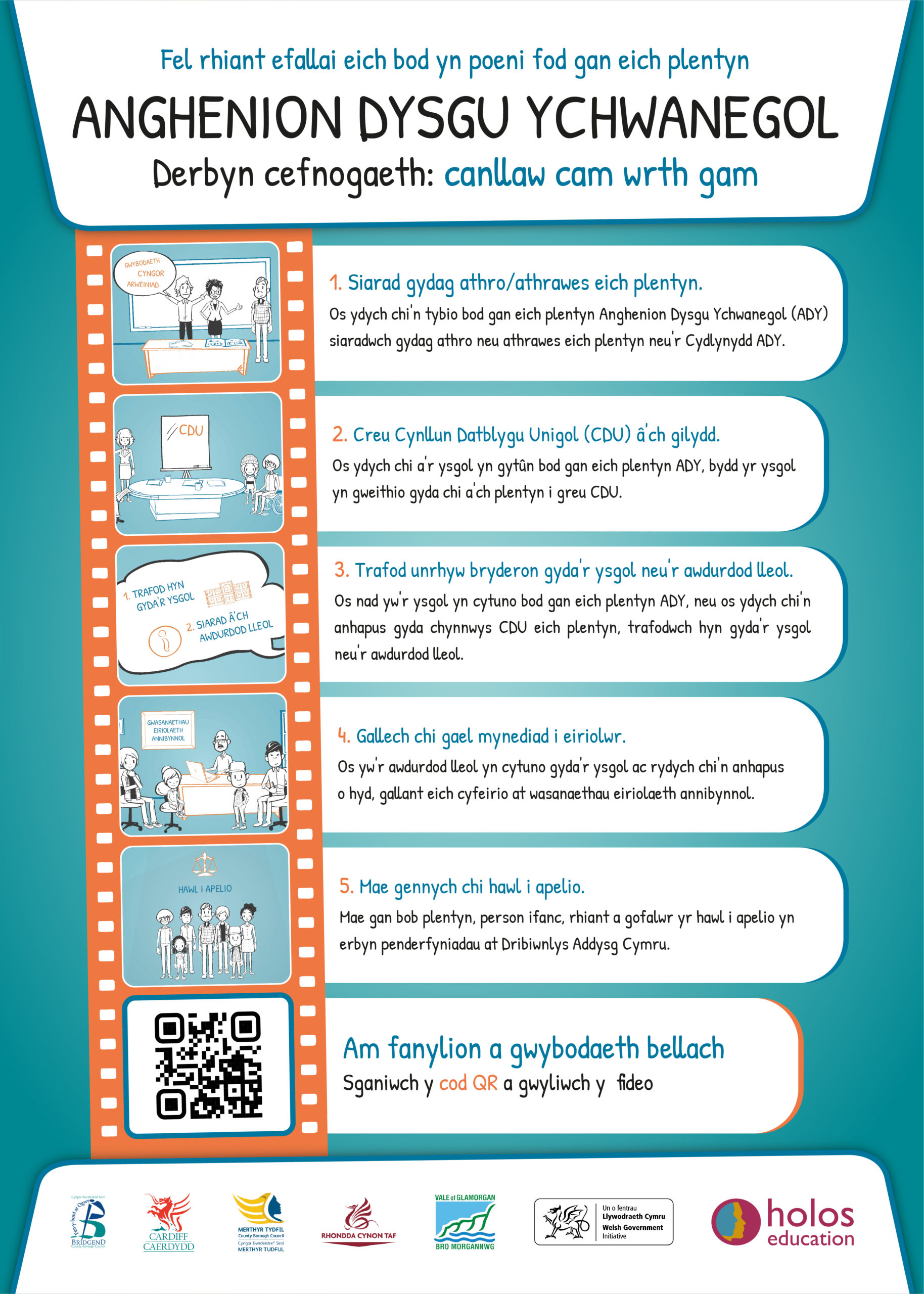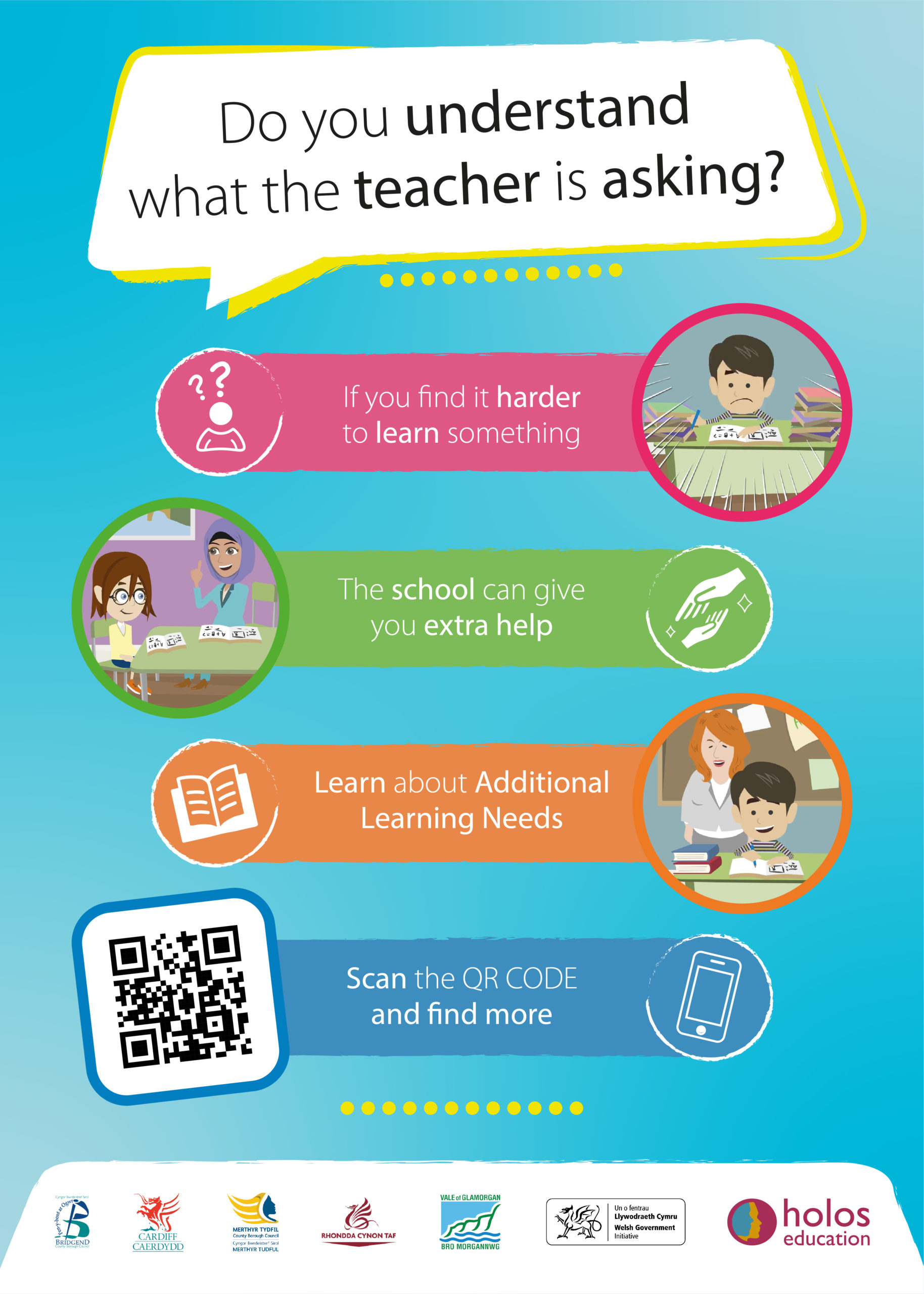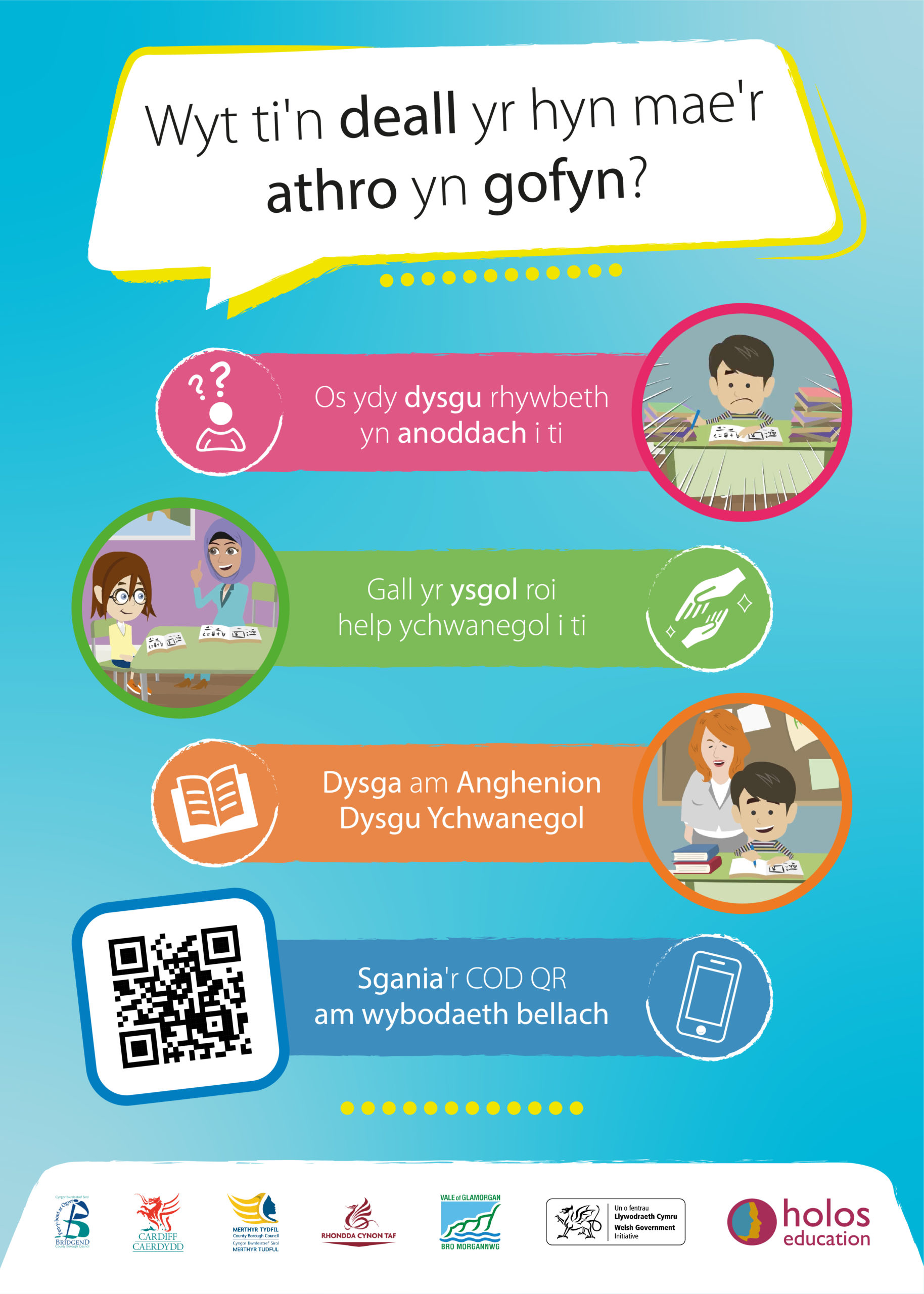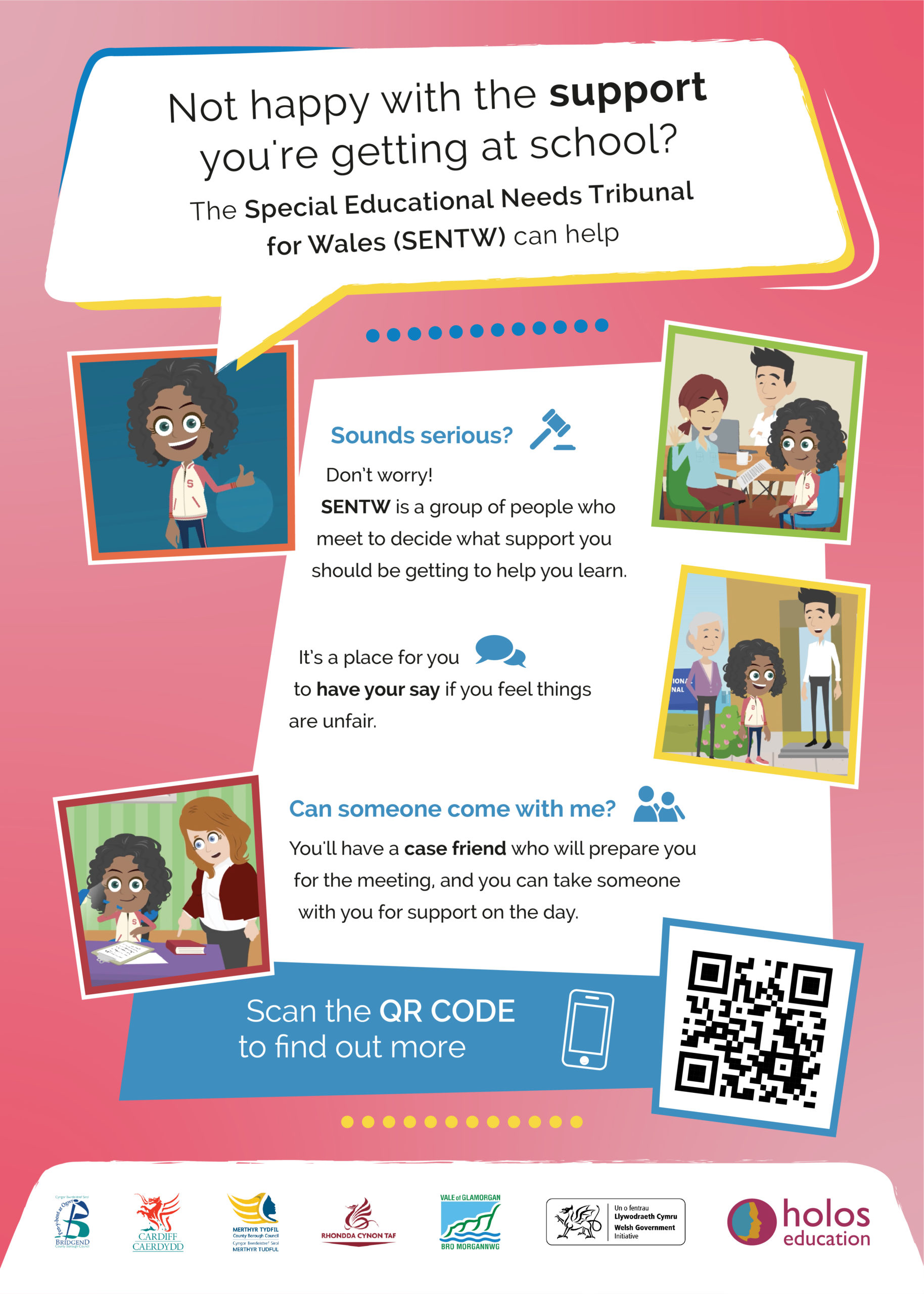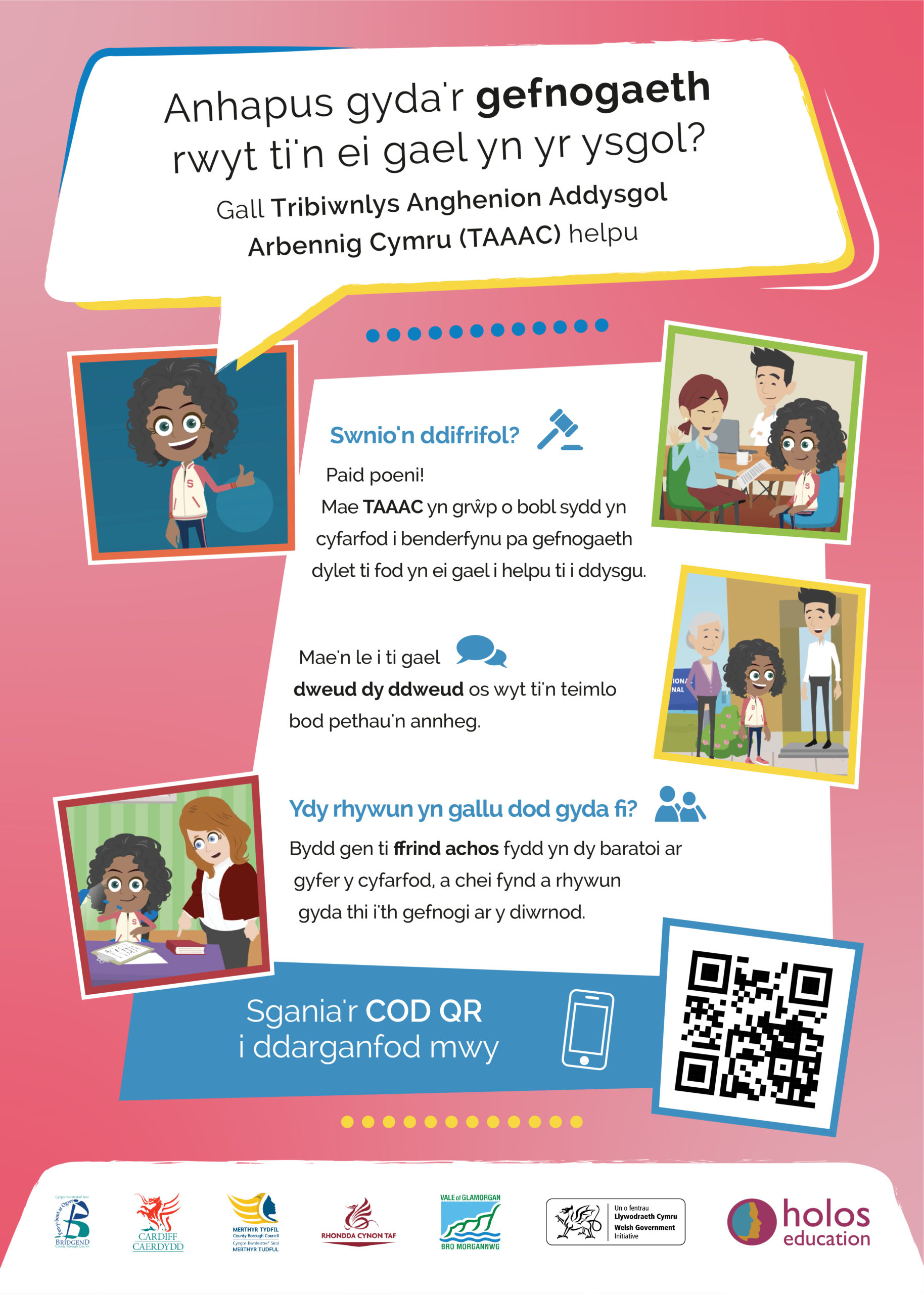Inclusion and Skills Team
Our vision
To support, nurture and challenge our students to be the very best that they can be.
Meet the team
- Mrs R Macaulay-Lane – Additional Learning Needs Co-Ordinator
- Mrs J Evans – Deputy Additional Learning Needs Co-Ordinator
- Mrs K Phillips – Additional Learning Needs Administrative Assistant
- Mrs M Emanuel – SNSA and LSA Team Leader
- Miss K Davies, Mrs T Lee, Mrs K Williams, Mrs C Jones – Skills Learning Support Assistants
- Mrs J Morris, Mrs C Hyde, Mrs S Boon, Miss A Edwards– Teaching Assistants
- Mrs P Carroll – Teacher in charge of Ty Seren (LA maintained Complex Learning Needs Class)
- Mrs C Bardsley and Mrs T Bevan– Learning Support Assistants in Ty Seren
- Mr G Hughes – Teacher in charge of The POD (Off-site behaviour support class for KS4) and PLANT (KS3)
- Mrs S Jones, Mrs L Morgans and Mr B Evans– Learning Support Assistants in The POD/PLANT
Here at Treorchy Comprehensive, we are committed to offering all our students the opportunity to fulfil their potential. For the vast majority of our students, this will involve accessing Universal Learning Provision.
Universal Learning Provision
We are continually working to evaluate and strengthen our Universal Learning Provision, which will include-
- high quality whole class teaching
- effective differentiation
- guided and group work
- individual interventions
- appropriate reasonable adjustments to enable access to the school environment, curriculum and facilities for children and young people who are disabled.
Identifying Additional Learning Needs (ALN)
A very small number of our students may have ALN. That is a need which is significantly greater than his / her peers, which requires Additional Learning Provision (ALP) over and above what is available to young people within the school.
A decision as to whether a student has ALN will be based on a wide range of evidence gathered over time including:
- standardised screening or assessment tools and frameworks
- observational data
- the quality of their work
- developmental checklists
- scaling questionnaires
- assessment from other agencies
- behavioural and social emotional questionnaires and standardised tests
For more details, please see our ALN policy.
Transitions
Our students with ALN are supported at every transition point during their school career.
The cluster and extended primary schools work closely with us to ensure key information is shared in readiness for our students to transition as smoothly as possible from Year 6 to Year 7.
Our students are supported to make the best possible option choices at the transitions from KS3 to KS4 and again from KS4 to KS5 or to the world of work. With extra meetings made available with key staff in addition to the already robust option choices programme. We also work closely with Careers Wales to ensure that our students have up to date advice in relation to options at post 16 and when exploring further education such as universities and how to access support packages.
Training
All staff are aware of the implementation of the new ALN act. The ALNCO regularly shares updates with all staff and provides training on a variety of needs such as ASD, dyslexia, ADHD and many others. All staff are committed to supporting our studentss and the Inclusion and Skills team play a pivotal role in enhancing this. The inclusion team are highly trained and able to provide a wide variety of in class support and withdrawal interventions.
F&Qs
Dyslexia – information for families
The British Psychological Society (BPS) definition is: Dyslexia is evident when accurate and fluent word reading and/or spelling develops very incompletely or with great difficulty. This focuses on literacy learning at the ‘word level’ and implies that the problem is severe and persistent despite appropriate learning opportunities.
- There is no ‘test’ for dyslexia.
- Dyslexia is a severe and persistent specific literacy difficulty which can affect reading, spelling or both.
- Dyslexia can only be diagnosed if the student is not progressing despite targeted intervention for a period of time.
- Students who are finding literacy challenging may have delayed literacy skills and it does not always mean that the student has dyslexia.
- The Local Authority do not have to recognise a private diagnosis of dyslexia. However, it may be used to inform provision.
- If the student has significant literacy difficulties, they may meet criteria to receive targeted support. Please note that it will be the decision of the school to offer support based on progress and assessment data.
- If the student fails to make sufficient progress, in line with their ability, despite intervention, they may be referred to the Learner Support Service in order to obtain advice. This may lead to possible assessment and advice given to school on how best to support the student.
- Having a diagnosis of dyslexia does not automatically mean that the student has ALN.
- A student does not need a diagnosis of dyslexia in order to qualify for Access Arrangements in external exams. Likewise, having a diagnosis, does not mean that the student automatically qualifies for Access Arrangements.
ASD / ADHD – information for families.
- ADHD / ASD can only be diagnosed by a panel of people in the Health board. It cannot be diagnosed by an Educational Psychologist.
- The process of obtaining diagnosis is a long one.
- If you have concerns that your child has ADHD / ASD, school will gather information and if it is sufficient and relevant, then it is likely that we will make a referral to the Neurodevelopment Team (NDT). If there is insufficient evidence, then a referral to NDT may not be appropriate. However, we recognise that you may feel strongly that your child is displaying traits at home and not in school. In this case, we would ask you to complete the referral form for NDT. We will however, attach information from school which outlines that we do not see such behaviours in the school setting.
- Please note that there is an 18-24 month waiting list for an initial appointment with NDT.
It is key to note that having a diagnosis does not automatically mean that the student will access more support, or that they have ALN. Our students will receive universal support if they need it, regardless of diagnosis.

